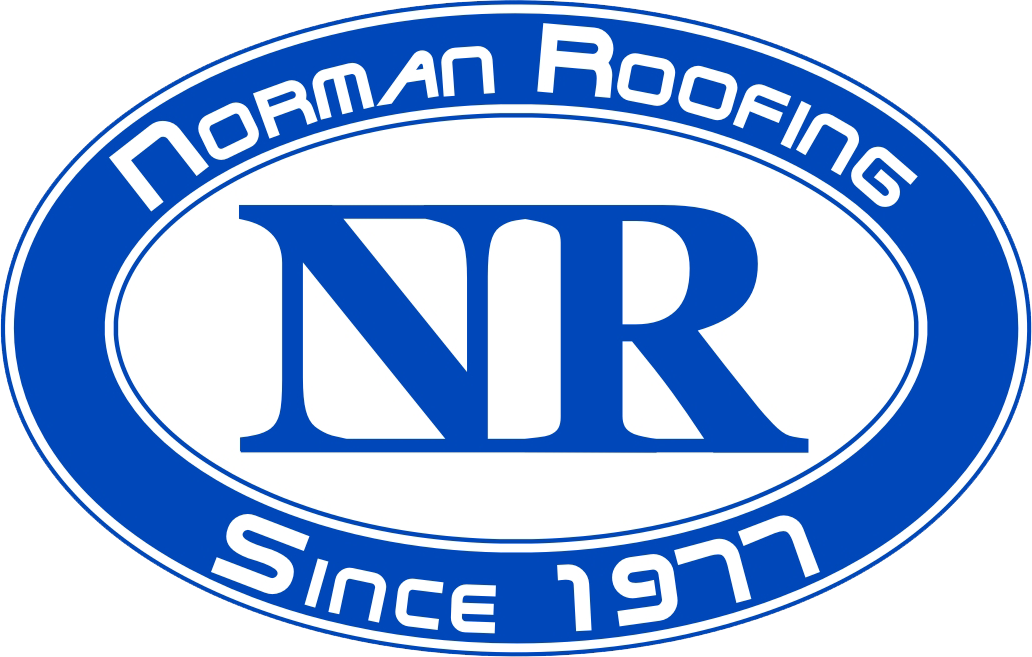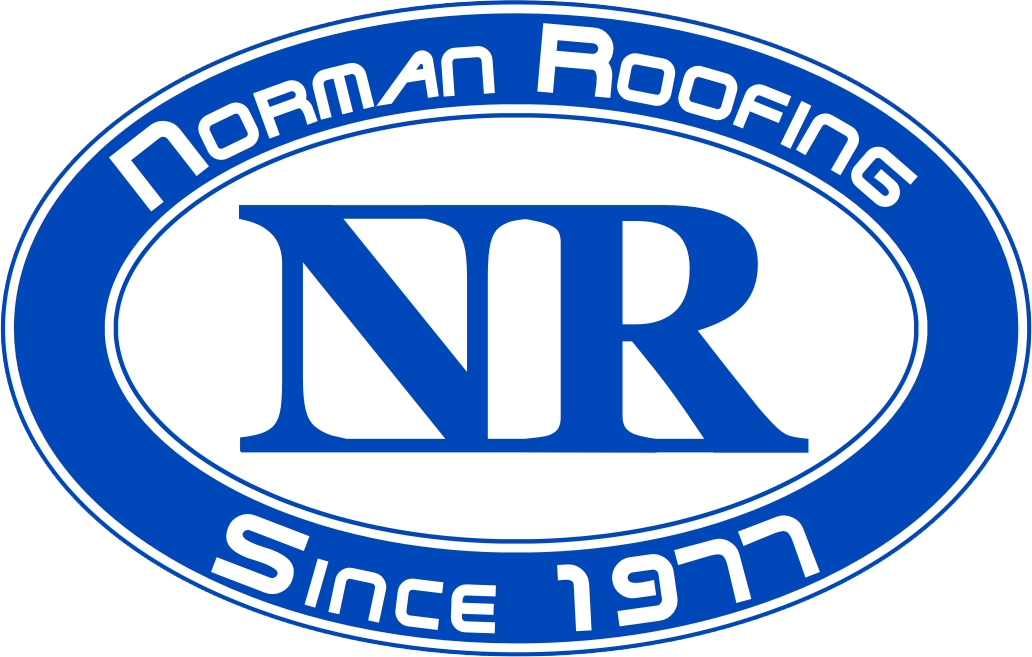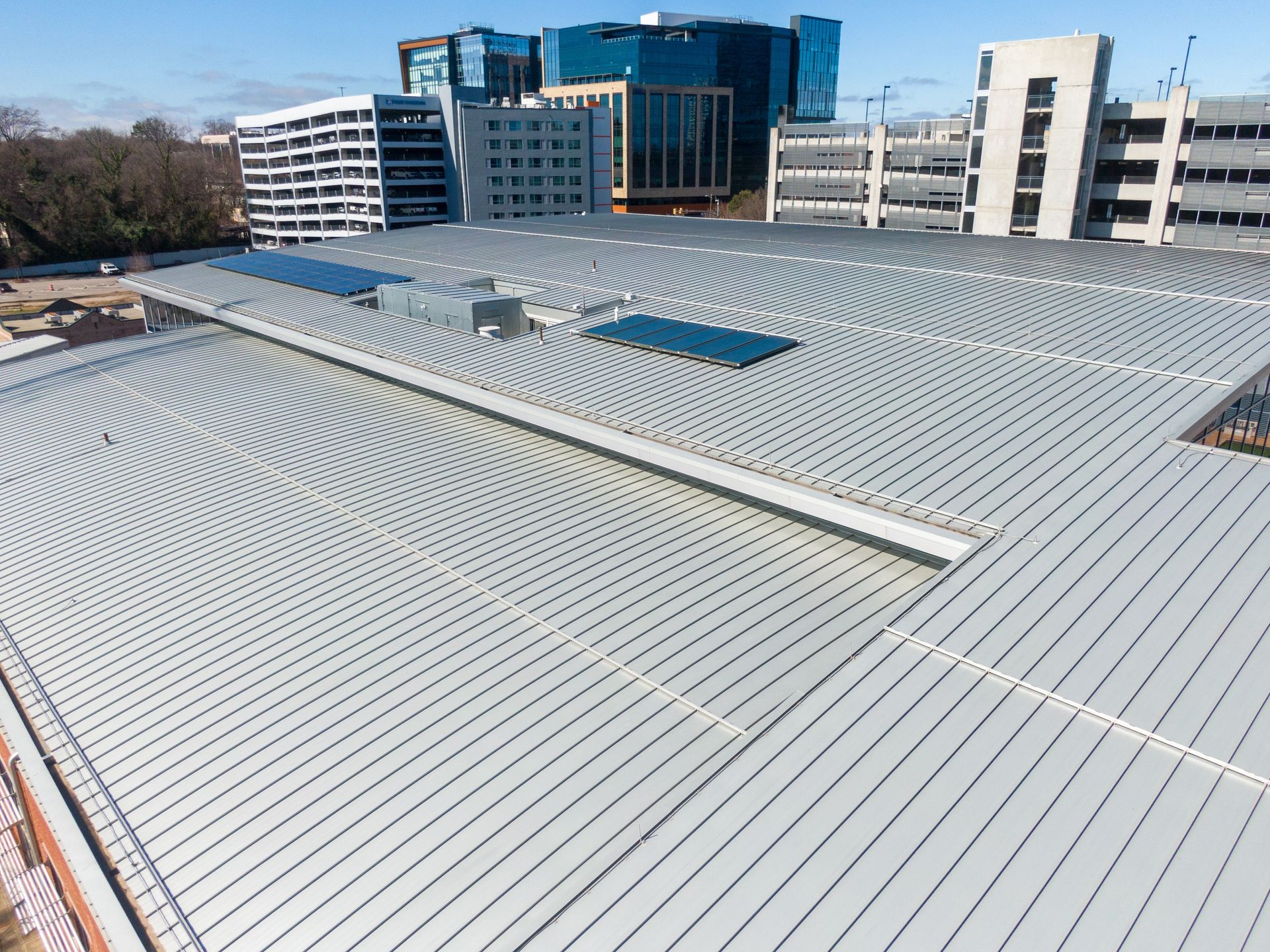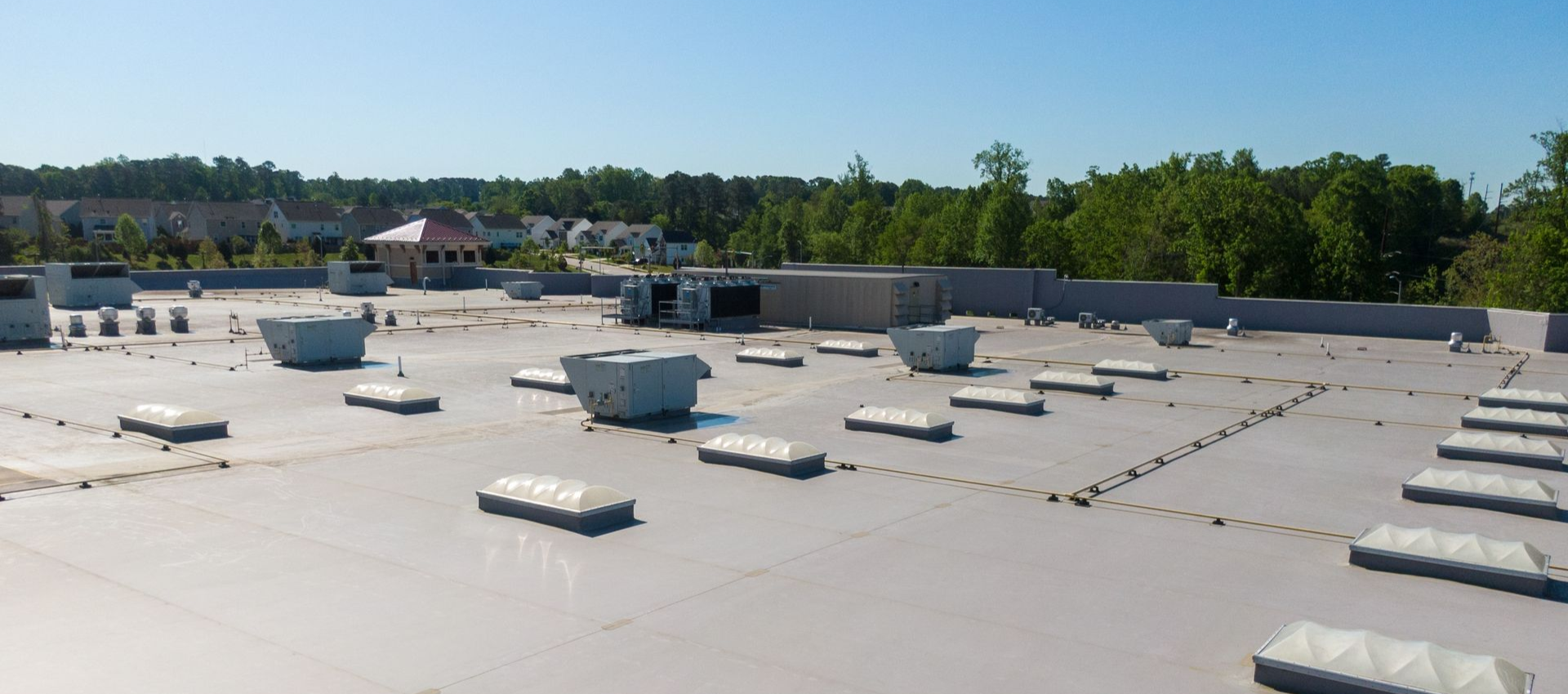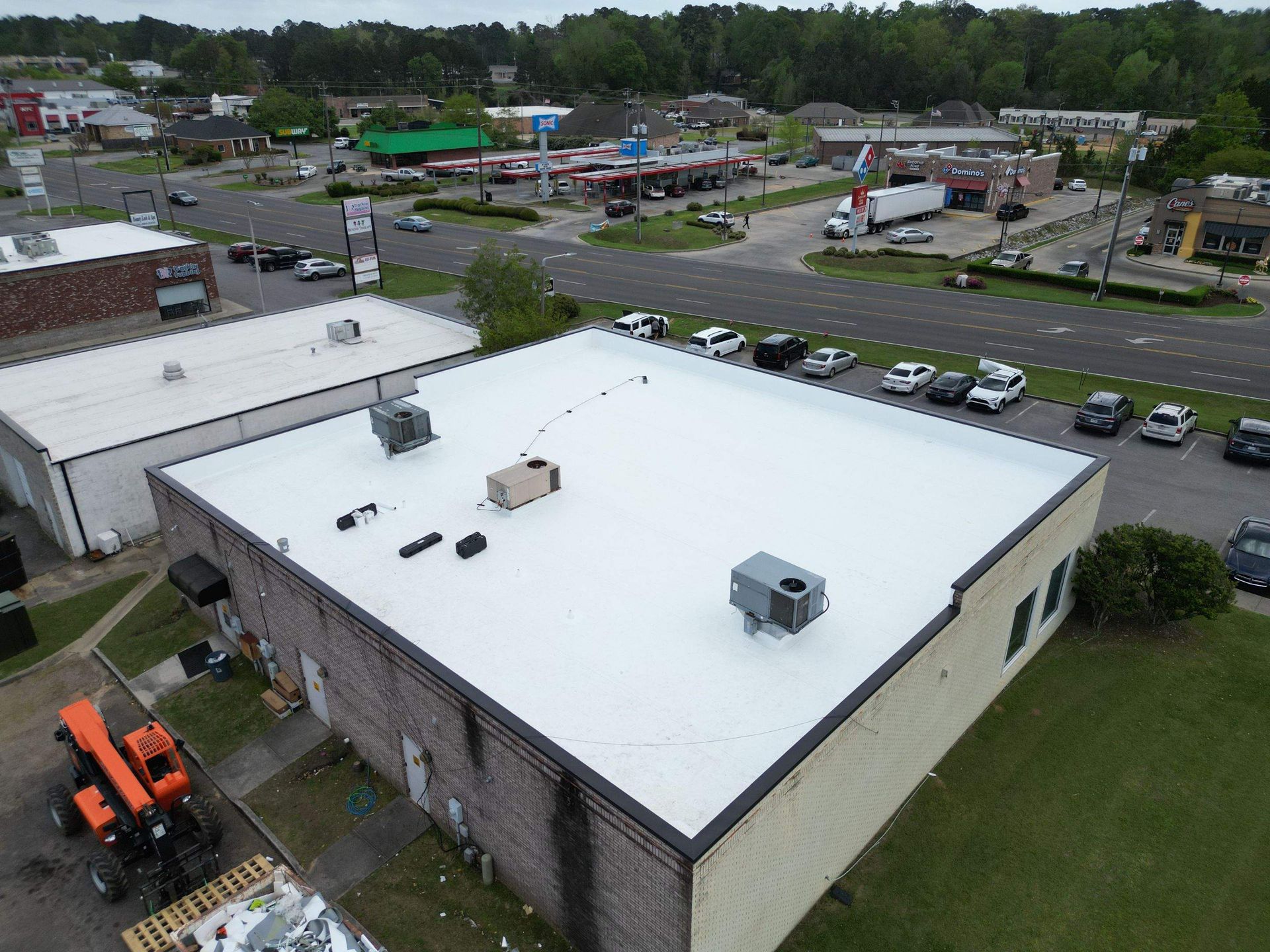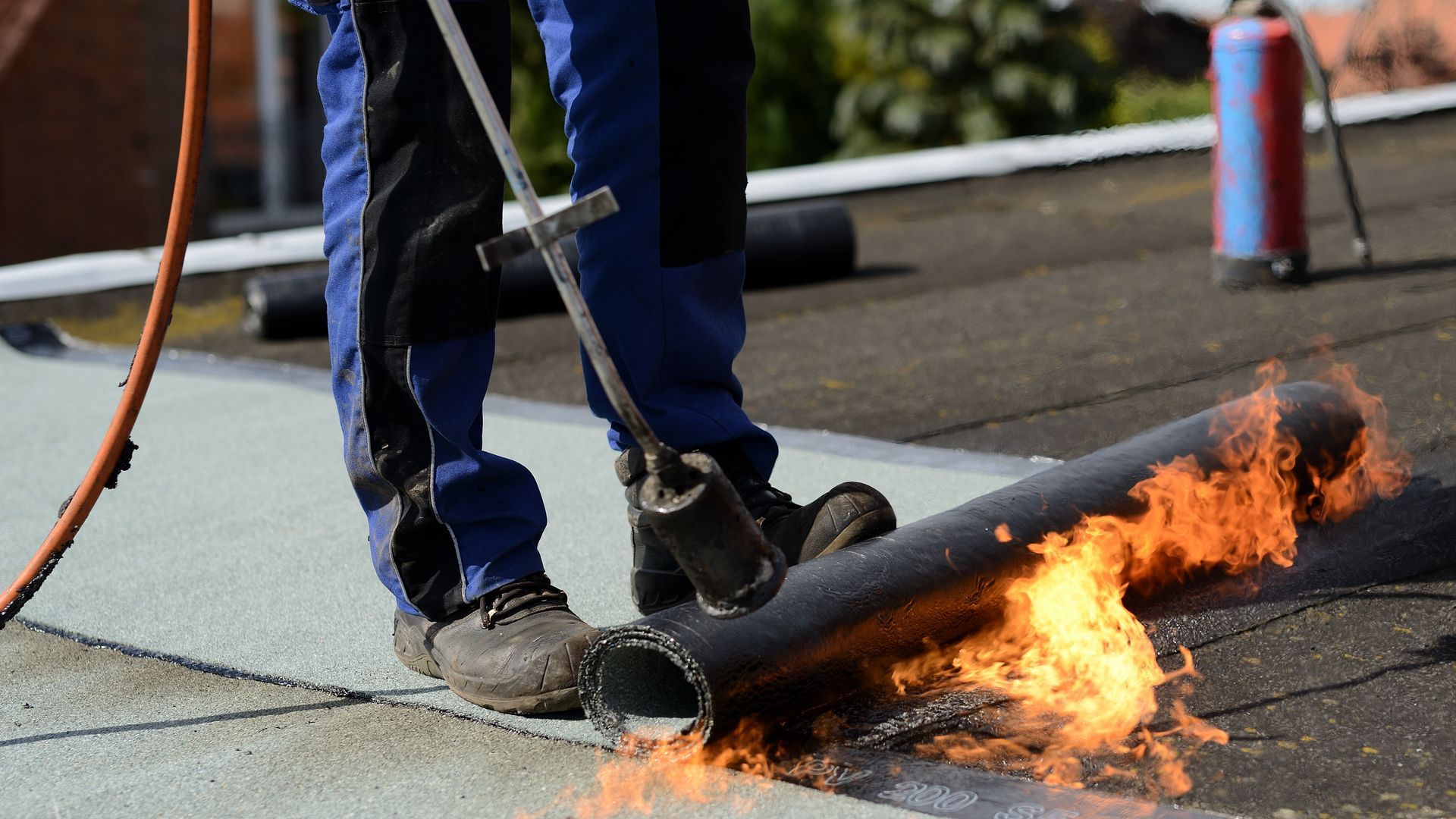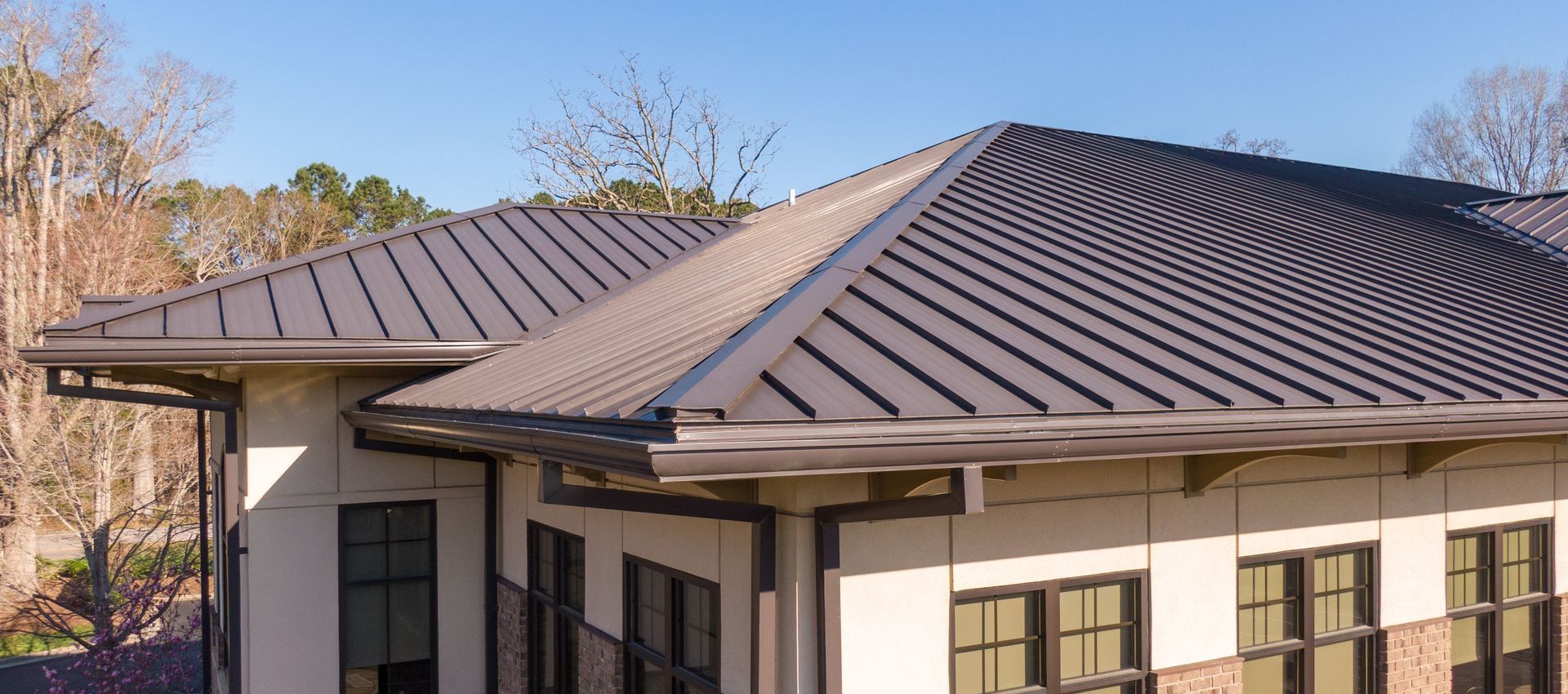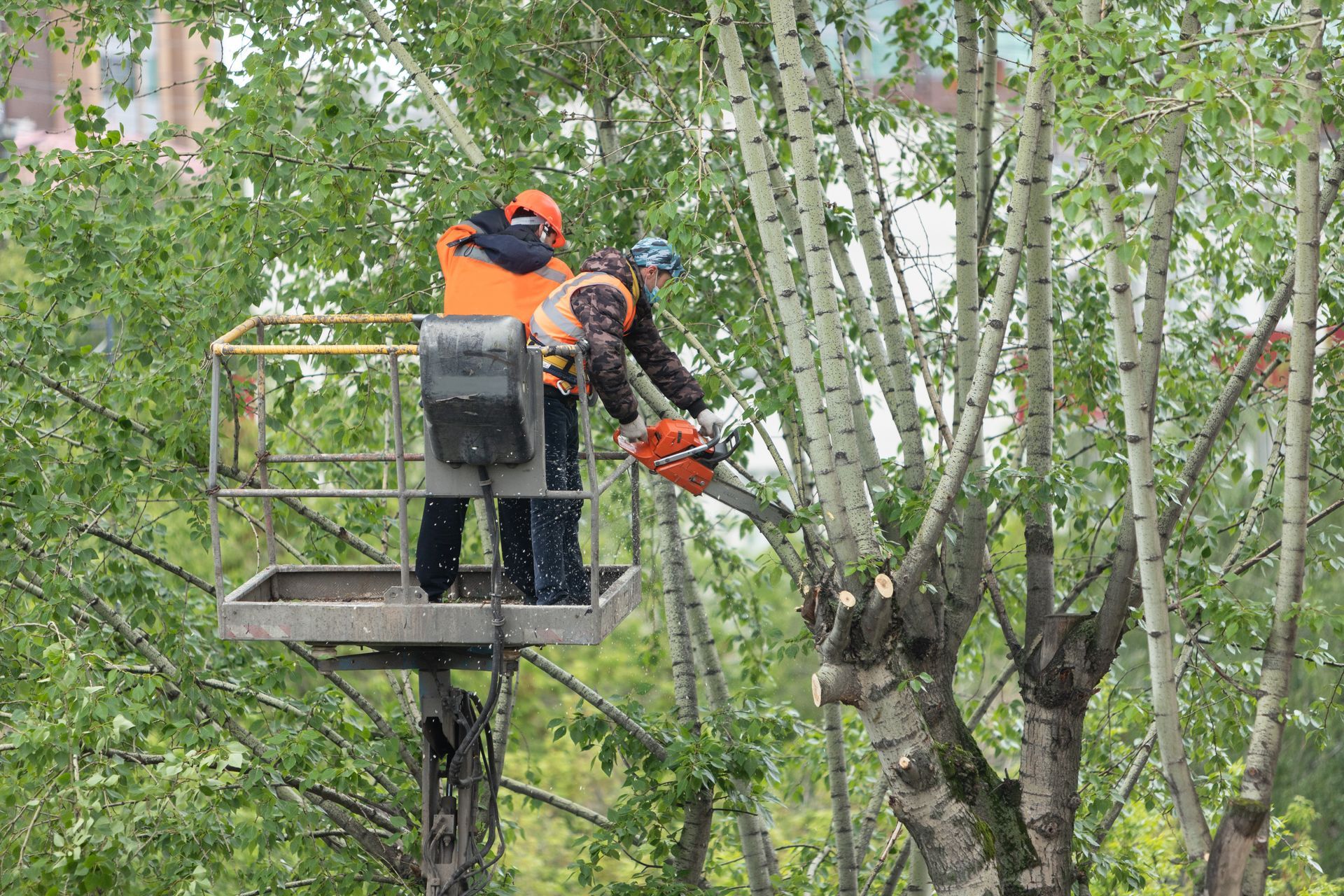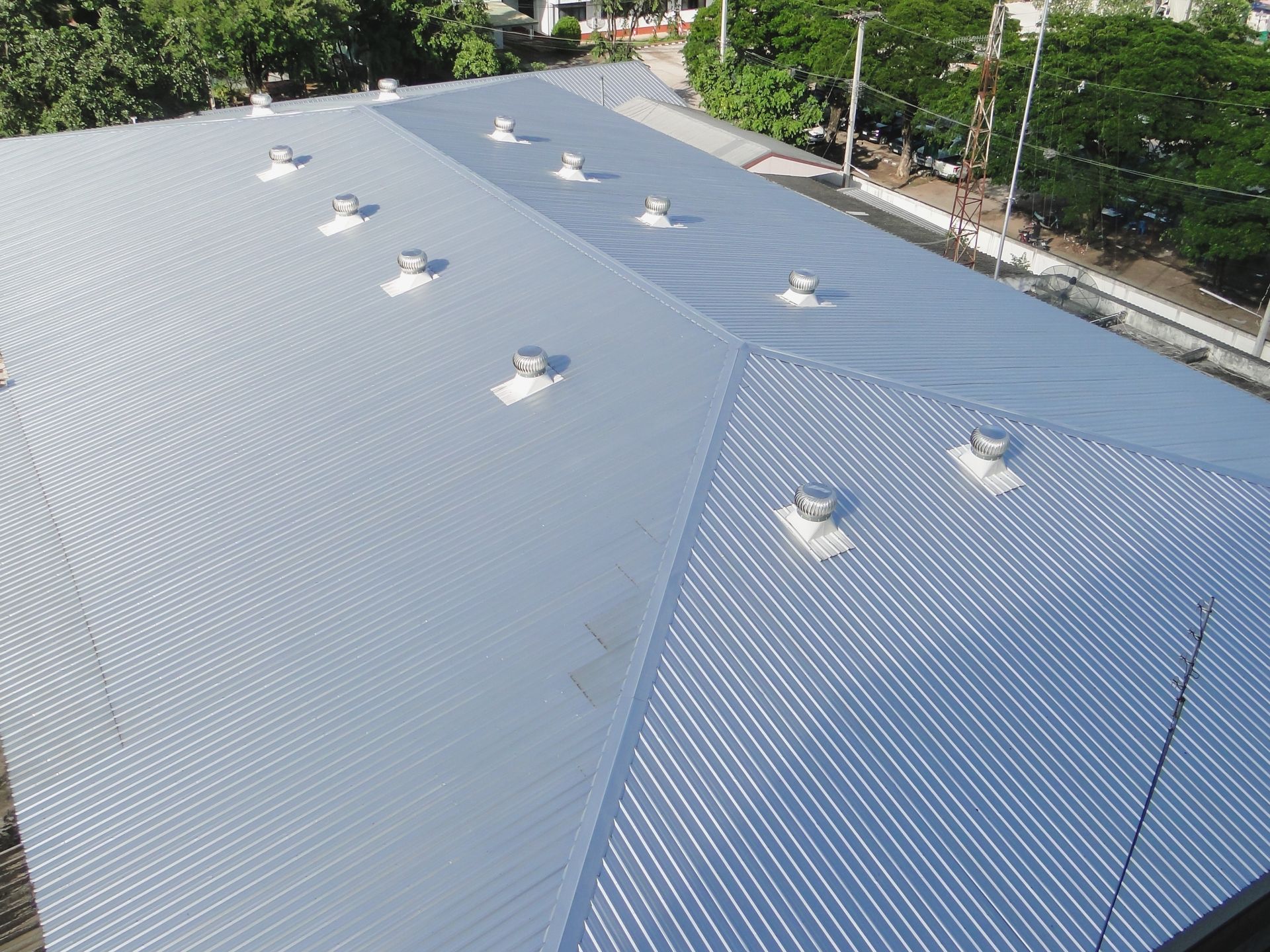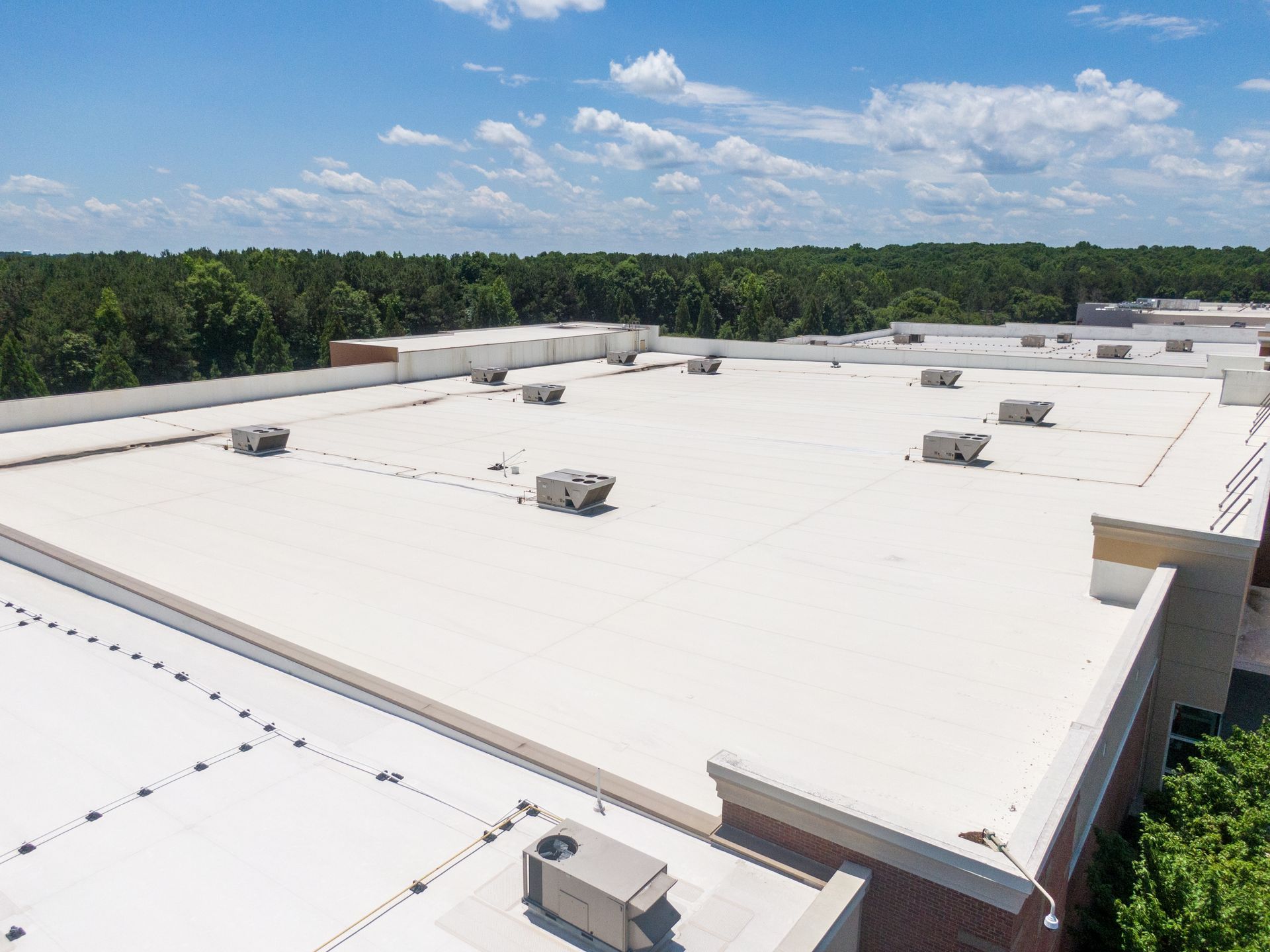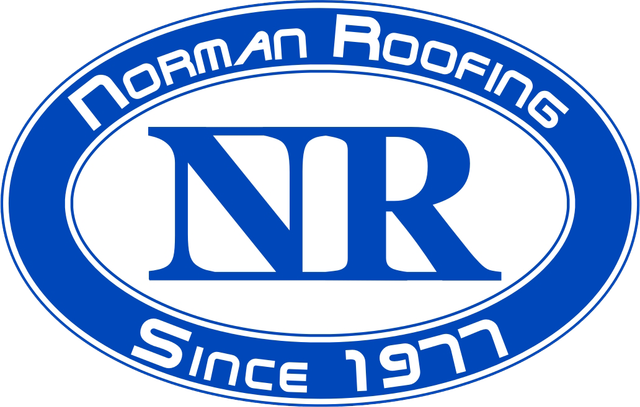Protect Your Gulf Coast Roof From Storm Chasers: 6 Red Flags To Watch For
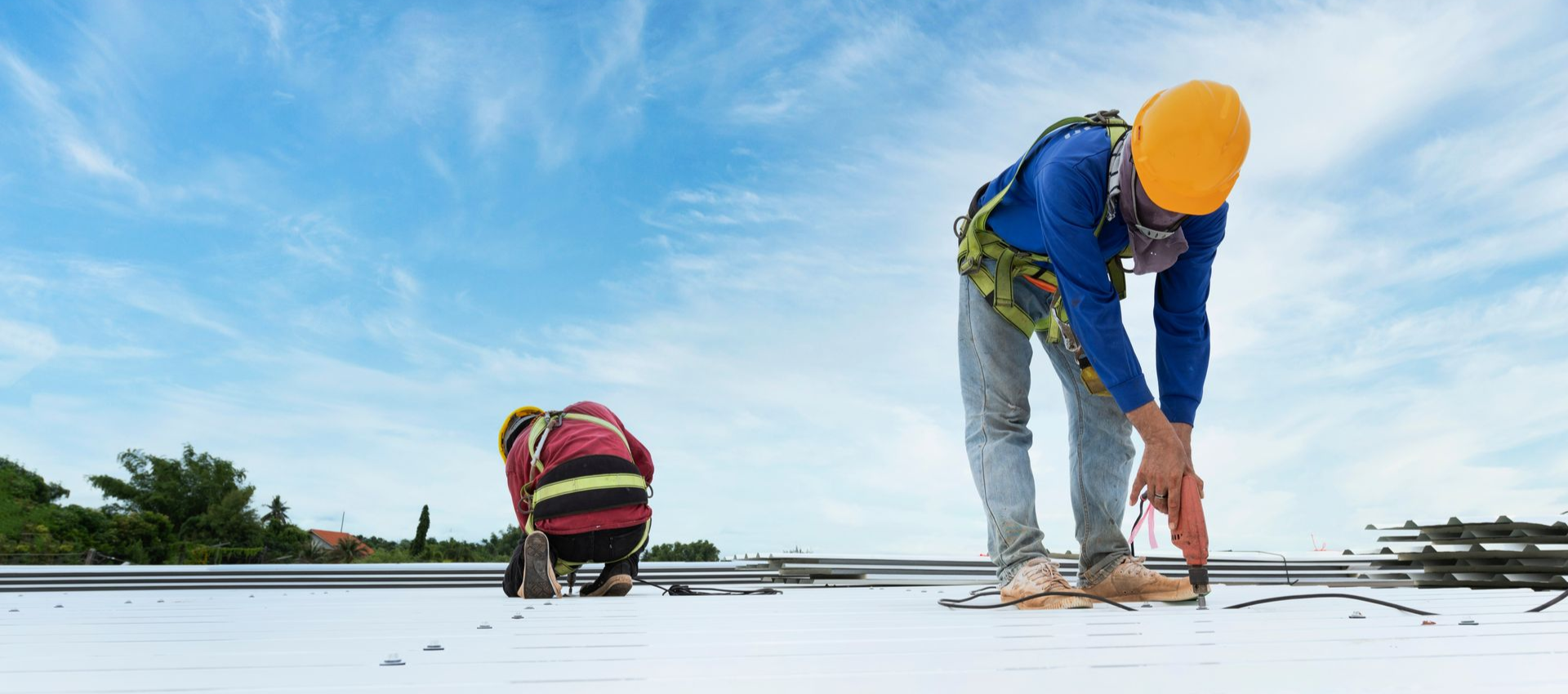
Storm damage can strike quickly and leave businesses facing costly repairs, so choosing the right contractor is crucial. Unfortunately, not every roofer operates with honesty and professionalism, and falling for common pitfalls can turn a necessary repair into a major headache.
From unexpected costs to incomplete work, there are warning signs that business owners should watch for. Here are six red flags Gulf Coast businesses should be aware of when hiring contractors for storm repairs.
1. No Local References
It’s not uncommon for roofers to work in neighboring states, especially if their business lies between borders. However, if you’re contacted by an out-of-town roofer with no local references, that could be a problem.
If this roofer is coming from several states away and appears right after the storm, it’s likely that they're a fly-by-night roofer. These types of contractors are storm chasers that prey on communities recovering from storm damage, oftentimes providing shoddy work before taking off with your hard-earned money. To avoid being scammed, here are a couple more things you should look out for:
2. High-Pressure Sales Tactics
In some cases, fly-by-night roofers will try to pressure you into making a decision before you’ve had the chance to think about it. Professional roofers will walk you through the process and take the time to ensure that you understand the services being provided to you.
3. Incredibly Low Bids
As the old adage goes, “if it’s too good to be true, it probably is” – and that’s especially true in roofing. Some contractors lure business owners with rock-bottom pricing, but these deals often lead to poor workmanship, hidden costs or the need for additional repairs down the road.
If a bid seems too low, it’s a smart move to seek a second opinion. Choosing a roofer based on their quality, reputation and reliability will always deliver better value and peace of mind in the long run.
4. Large Upfront Payments
When it comes to storm repairs, a professional roofer will never require full payment up front. Instead, reputable contractors will ask for a deposit or incremental payments as the work progresses. Asking for large upfront sums can be a red flag that the contractor may cut corners or fail to complete the job.
5. Refuses To Provide License
A roofing contractor who refuses to provide proof of a valid license is a serious red flag. Licensing ensures the contractor meets local regulations, carries the necessary insurance and has the training needed to perform quality work.
Without a license, business owners risk hiring someone who may deliver substandard workmanship, cause damage or leave them liable for accidents. If a contractor hesitates or refuses to show you their license, it’s a clear sign to walk away and find a professional you can trust.
6. Doesn’t Provide A Written Estimate
A contractor who refuses to provide a written estimate should raise immediate concern. A detailed, written estimate protects business owners by clearly outlining:
- The scope of the work
- Materials
- Costs
- Project timelines
Estimates help prevent misunderstandings or unexpected charges. Without it, there’s no formal record of what was promised, leaving you vulnerable to inflated bills, incomplete work or disputes. To protect yourself, always insist on a written estimate before any storm repair project begins.
Signs You’re Working With a Professional
- They are known locally – They’ve been reviewed by other local businesses
- Provides their credentials – Can give you their license number and show proof of insurance
- Clear contracts and estimates – Ensures both parties understand the services being provided
- Reasonably priced – Offers fair rates that reflect quality workmanship
- Showcases previous projects – Demonstrates experience and reliability by providing examples of completed work
- Accepts incremental payments – Uses a payment schedule tied to project milestones, protecting homeowners from paying large sums up front
Looking for Dependable Roofers? Contact Norman Roofing Today!
Looking for experienced roofers who can rebuild your roof? Our team at Norman Roofing can help! Based in Meridian, we’ve proudly served communities across Mississippi and Alabama for 48 years.
We specialize in commercial roof repairs, installations and provide emergency roofing services. Ready to partner with roofing experts who put quality and results first? Give us a call today at 601-483-4079. To explore all of our roofing options, visit our website by clicking the link here.

